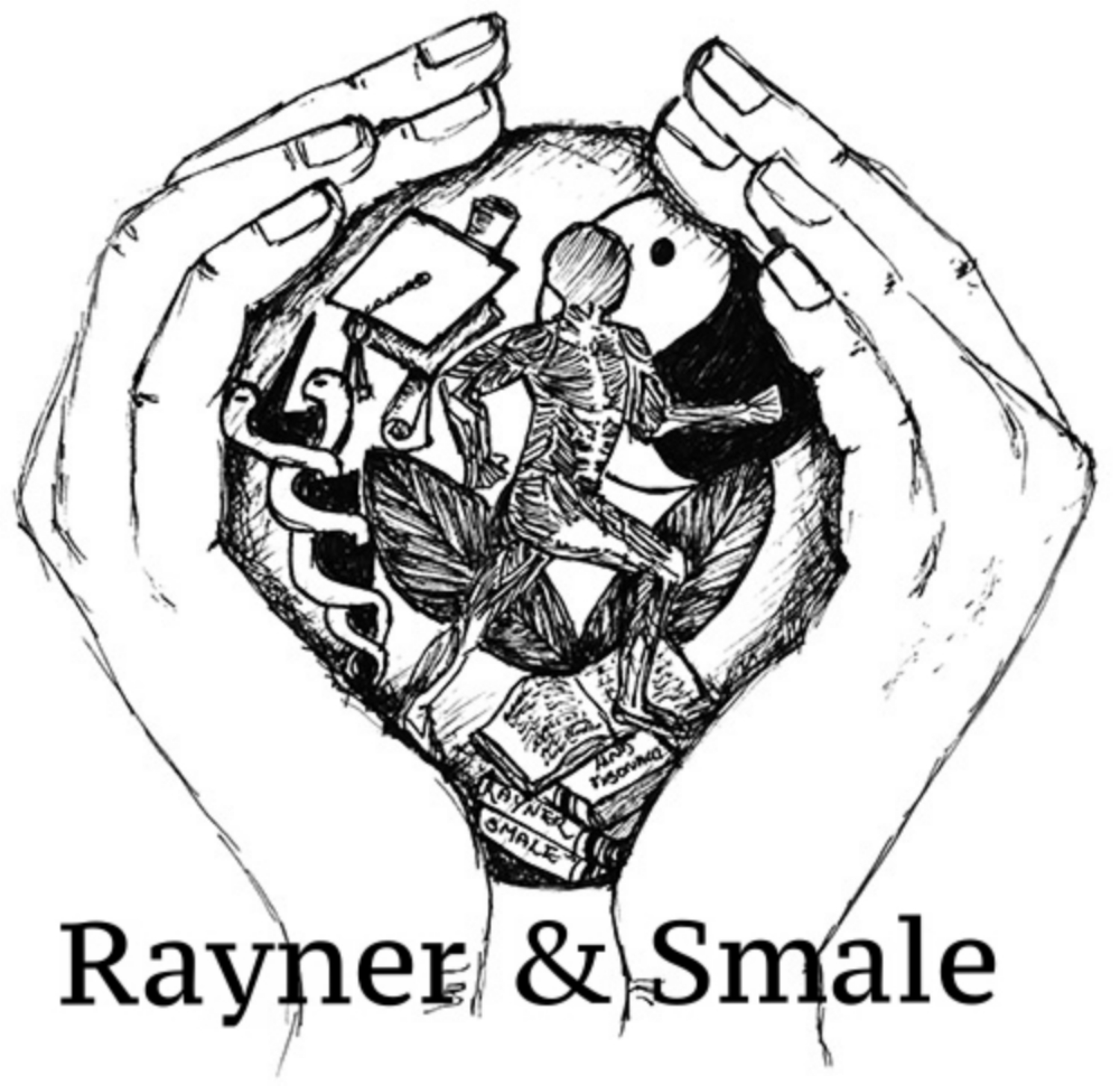McKenzie Method & self treatment guides
A reflective piece on the self-treatment guides created by the late Robin McKenzie. A true pioneer and leader in our profession who was passionate about the treatment of musculoskeletal pain disorders. His work in renown world wide for ‘repeated movements’ and ‘directional preferences’ commonly known as the McKenzie Method of Mechanical Diagnosis and Therapy. His wisdom and pearls from years of patient management have been distilled into self-treatment guides. This blog reviews five of his books involving self-treatment of the neck, back, shoulder, hip and knee.
Read More